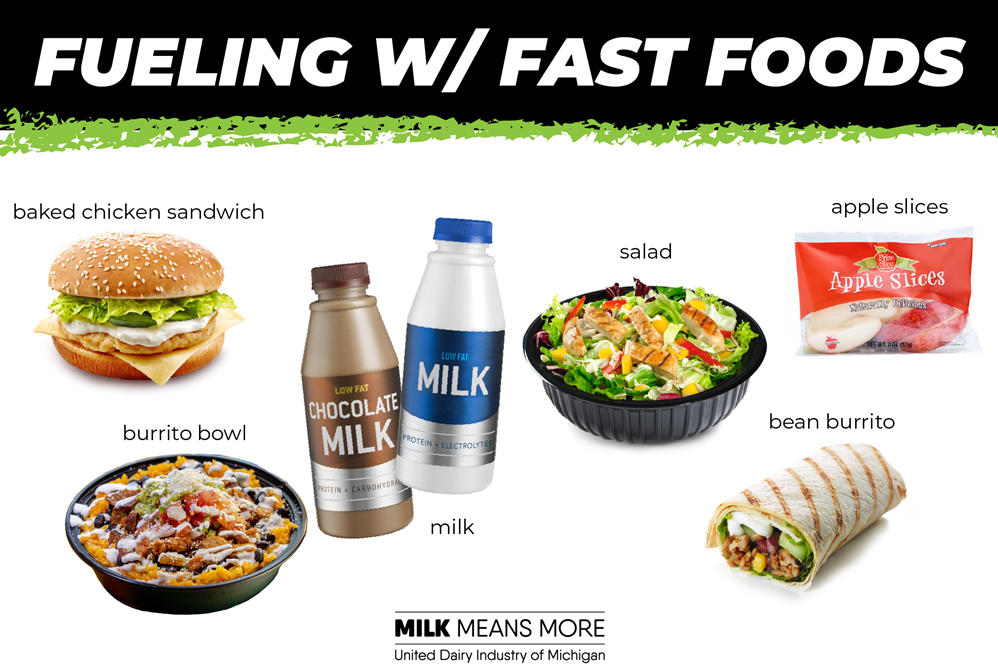
Wake Up And Walk! 7 Benefits Of Taking A Morning Stroll
By
Nick Parkinson, M.Ed., AT, ATC, TSAC-F
Henry Ford Health
May 3, 2022
 Still having difficulty fitting exercise into your day? Start by heading out for a morning walk.
Still having difficulty fitting exercise into your day? Start by heading out for a morning walk.
No matter your fitness level, walking offers tremendous benefits, including improving your mood, managing your weight, increasing your energy and reducing your risk for disease. All you need is a good pair of walking shoes and a place to stroll.
7 Benefits Of A Morning Walk
Starting your day with a morning walk helps you check something important off your daily to-do list – your fitness.
Even if you only have time for a 10-minute walk each morning, you’ll have up to 70 minutes of exercise by the end of the week. And any type of movement that you add in later in the day, whether it’s taking the stairs or walking to your car at the far end of the parking lot, improves your overall health.
Morning walks offer many benefits, helping to:
Boost your inner athlete. Taking a morning walk boosts your stamina, flexibility and energy. As your fitness improves, you’ll be able to move through your daily activities more easily.
Improve your mood. Getting outside gives you a chance to enjoy fresh air and nature. Walking, like any form of exercise, reduces stress and anxiety. You’ll start the day with a positive attitude, better able to manage challenges during the day.
Increase your productivity. After a morning walk, you feel energized and ready to take on the day. Starting your day with physical activity improves your concentration and productivity.
Keep you standing tall. Many of us are sitting at work or school for several hours each day, often without watching our posture. Walking with your shoulders back and head held up improves posture. Walking also improves your core muscles, which help support your spine.
Manage your weight. After a full night’s sleep, walking helps jump-start your metabolism, allowing you to burn calories at a faster rate. Along with a healthy diet, walking can help manage weight.
Reduce your risk for disease. A regular walking routine can reduce your risk for diabetes, heart disease, hypertension (high blood pressure), obesity and some cancers.
Strengthen your bones. Our bodies are constantly making new bone and breaking down old bone. After age 50, we lose bone mass as our bodies break down old bone at a faster rate. Along with a healthy diet, weight-bearing exercise like walking strengthens your bones and reduces your risk for osteoporosis.
How To Start Your Morning Walk Routine
Keep these strategies in mind as you plan your morning stroll:
Eat a light snack before you walk. After sleeping all night, it’s helpful to eat a light snack or breakfast before heading out the door. Toast with almond butter or some yogurt with nuts and berries can give you the energy you need, especially if you’re planning a longer walk.
Check out different walking routes or events. On a busy morning, you may choose to walk close to home to save time. When your schedule permits, explore different neighborhoods, nature preserves or trails in your area. You may also want to check out local 5K races — many of these events welcome walkers.
Don’t forget to stretch. After walking, take a few minutes to stretch your leg muscles to work out any knots in your calves, hamstrings or thighs.
Increase impact with weights and intervals. As you build your stamina, boost the benefits of your walk by holding light weights or wearing a weighted vest. Try turning your walk into an interval training session by alternating between a fast and slow pace.
Prepare for the weather. To avoid falling on icy winter sidewalks, wear proper boots and spikes. Wear hats, scarves and gloves to protect your skin from frostbite. Wear a hat and sunscreen in the summer heat. Carry a water bottle to stay hydrated, especially on longer walks.
Schedule your morning walks. Add a morning walk to your calendar and keep the appointment. Over time, morning walks can become a habit you won’t want to give up.
Walk with a buddy. Find a walking partner who will hold you accountable for your commitment to exercise. To enjoy even more socializing as you walk, check out walking groups in your community.
To find a doctor at Henry Ford, visit henryford.com or call 1-800-436-7936.
Nick Parkinson, M.Ed., AT, ATC, TSAC-F Supervisor of Athletic Training with Henry Ford Sports Medicine, also leads Sports Performance training at the William Clay Ford Center for Athletic Medicine. He is a regular contributor to Henry Ford LiveWell. Learn more about Nick

Coach's Guide to Nutrition: Fueling with Fast Food
October 8, 2024
Life is busy, and sometimes getting food fast is the only option.
Fueling up with fast food can provide the proper nutrition to students when they are in a pinch.
Learning to identify more nutritious foods on restaurant menus will help provide the macronutrients students need in a meal.
Fast food for breakfast, lunch, or dinner can be part of a balanced diet.
Encourage students to keep the macros in mind when choosing from the menu. Giving students tips, such as choosing baked or grilled chicken, fresh fruit or salads, and milk as a beverage can make it easier for athletes to choose foods that will nourish their bodies.
Information above is excerpted from UDIM’s A Coach’s Guide to Nutrition.


